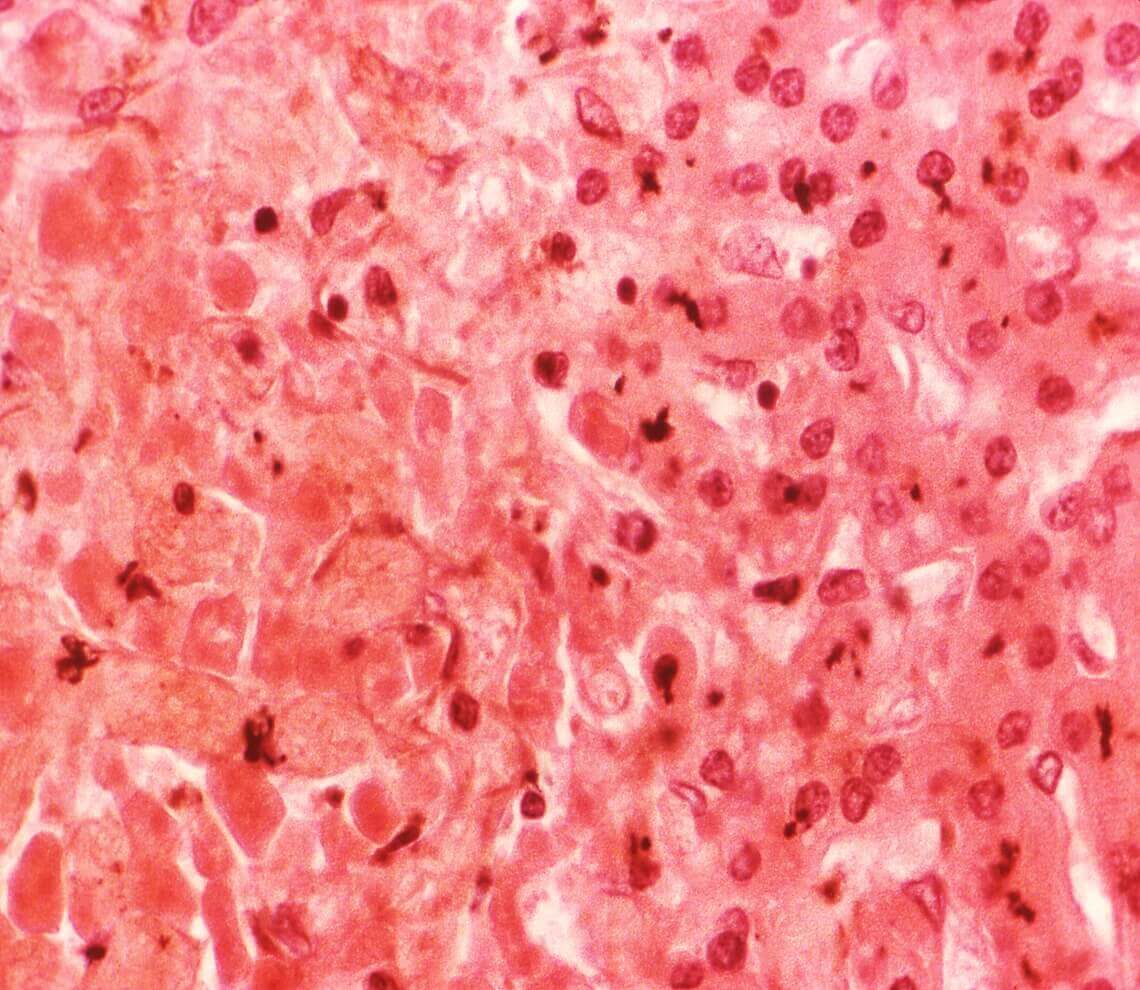- Our Suppliers
- MBS Monoclonals
- MOUSE Anti-BOVINE CD26 Antibody
Product short description
Price:
514 EUR
Size:
0.25 miligrams
Catalog no.:
GEN212250
Product detailed description
Gene name synonims
N/A
Purification method
N/A
Also known as
CD26
Gene name
CD26
Immunoglobulin isotype
IgG1
Clone
CC69
French translation
anticorps
Clonality
Monoclonal
Category
Antibodies
Latin name
Mus musculus
Host organism
Mouse (Mus musculus)
Subcategory
Mnoclonal antibodies
Concentration
IgG concentration 1.0 mg/ml
Form/Appearance
Purified (Purified IgG - liquid)
Tested applications:
Immunoprecipitation (IP), Flow Cytometry (FACS)
Other gene names
DPP4; DPP4; CD26; DPPIV; CD26; ACT3; ADCP-I; DPP IV
Properties
If you buy Antibodies supplied by MBS Monoclonals they should be stored frozen at - 24°C for long term storage and for short term at + 5°C.
Description
This antibody needs to be stored at + 4°C in a fridge short term in a concentrated dilution. Freeze thaw will destroy a percentage in every cycle and should be avoided.
Species reactivity
Bovine; Due to limited knowledge and inability for testing each and every species, the reactivity of the antibody may extend to other species which are not listed hereby.
Test
Mouse or mice from the Mus musculus species are used for production of mouse monoclonal antibodies or mabs and as research model for humans in your lab. Mouse are mature after 40 days for females and 55 days for males. The female mice are pregnant only 20 days and can give birth to 10 litters of 6-8 mice a year. Transgenic, knock-out, congenic and inbread strains are known for C57BL/6, A/J, BALB/c, SCID while the CD-1 is outbred as strain.
Storage and shipping
Store the antibody at +4 degrees Celsius for short-term storage and at -20 degrees Celsius for long-term. the antibody should be stored undiluted. Storage in frost free freezers is not recommended. Repeated freeze - thaw cycles may denature the peptide chains of the antibody and therefore should be maximally avoided. If there is a precipitate in the vial we recommend you to briefly microcentrifugate it prior to use. Shelf Life: 18 months from date of dispatch.
Specificity and cross-reactivity
CD26 This item recognises the bovine WC10 cell surface antigen, expressed by a subpopulation of CD2+ T cells and weakly by most B cells. WC10 has recently been described as being the bovine homologue of human CD26. Myeloid cells and the majority of WCI+ T cells do not express CD26. CD26 expression is also seen by some non-haematopoietic cells, especially on gut epithelium. The CD26 antigen is a heterodimer of 39kD and 115kD proteins.; Since it is not possible to test each and every species our knowledge on the corss reactivity of the antibodies is limited. This particular antibody might cross react with speacies outside of the listed ones.
Other names
dipeptidyl peptidase 4; Dipeptidyl peptidase 4; dipeptidyl peptidase 4; ACT3; WC10; ADCP-I; DPP IV; activation molecule 3; dipeptidyl peptidase IV; T-cell activation antigen CD26; adenosine deaminase complexing protein; dipeptidyl-peptidase 4 (CD26, adenosine deaminase complexing protein 2); dipeptidylpeptidase IV (CD26, adenosine deaminase complexing protein 2); N/A; Activation molecule 3; ACT3; Adenosine deaminase complexing protein; ADCP-I; Dipeptidyl peptidase IV; DPP IV; T-cell activation antigen CD26; WC10; CD_antigen: CD26Cleaved into the following 2 chains:Dipeptidyl peptidase 4 membrane formAlternative name(s):Dipeptidyl peptidase IV membrane form
© Copyright 2016-Tech News . Design by: uiCookies

